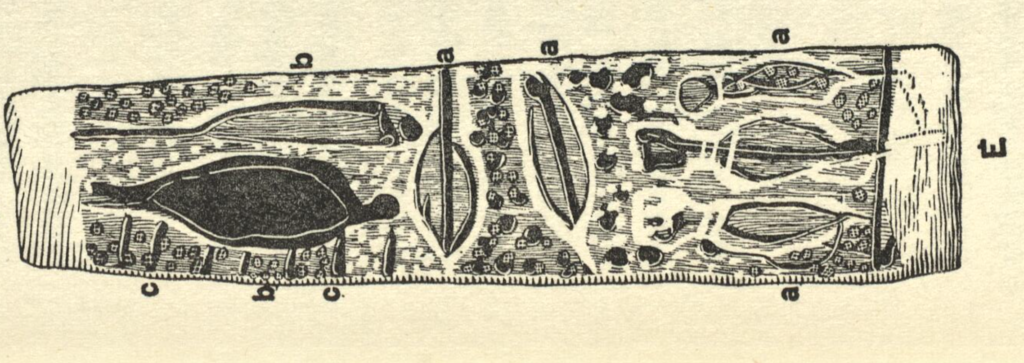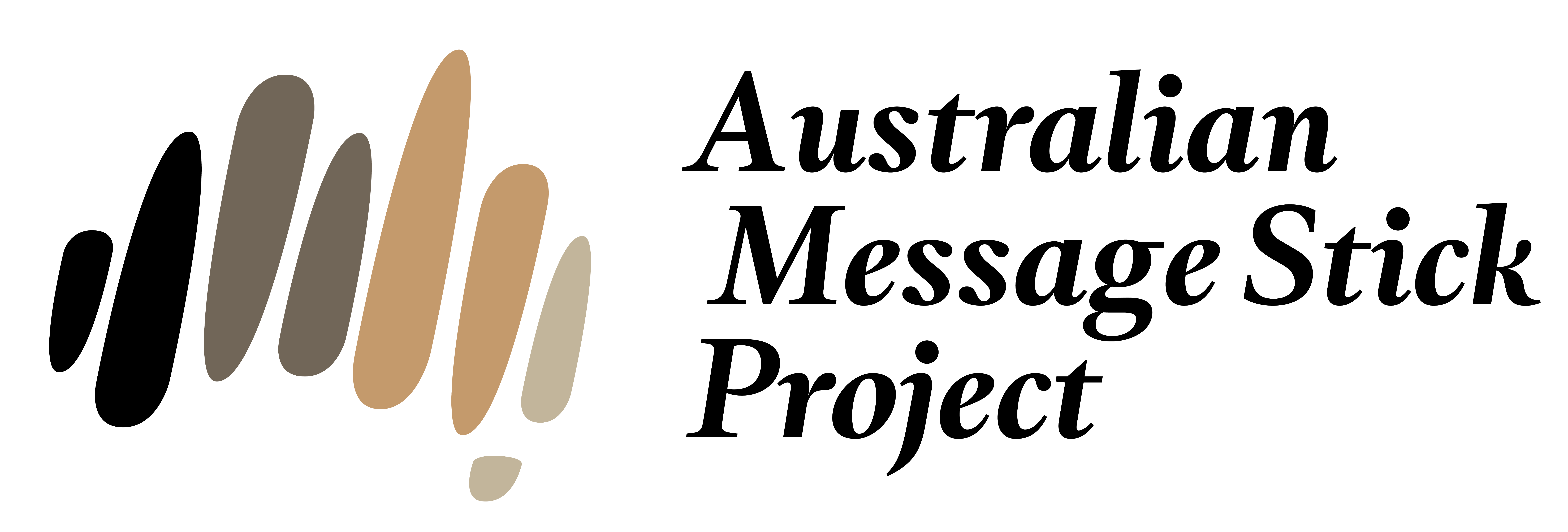Material repatriation
The project recognises that First Nations communities have an interest in returning materials to their Country of origin for safekeeping.
Whenever we identify a well-provenanced object that is either: a) known to have been stolen or acquired on unfair terms, and/or b) of greater-than-usual significance, we contact relevant cultural authorities to make the owner community aware of the object and its circumstances.
Please note that actual repatriation processes are sensitive, resource-intensive and rely on high levels of institutional know-how. Sidestepping professional repatriation expertise can easily damage the interests of First Nations communities. Without due process, repatriated objects may go missing, have no safe Keeping Place to be conserved in, or aggravate conflict between communities. On ethical grounds the Australian Message Stick Project cannot commit to initiating or managing any such operations.
Accordingly, if a community wishes to undertake a repatriation claim we will put them in touch with professional repatriation officers, for example, the Return of Cultural Heritage team at AIATSIS, or dedicated museum staff. We have acted successfully in a consulting role for such requests in the past.
Digital repatriation
The images and metadata within the Australian Message Stick Database are sourced from many locations across the world, but have a special value within their communities of origin. We respect the rights of First Nations communities to retain full access to their cultural heritage and control over ICIP. We will make every effort to help re-archive materials of interest in local repositories with the participation of collecting institutions.

